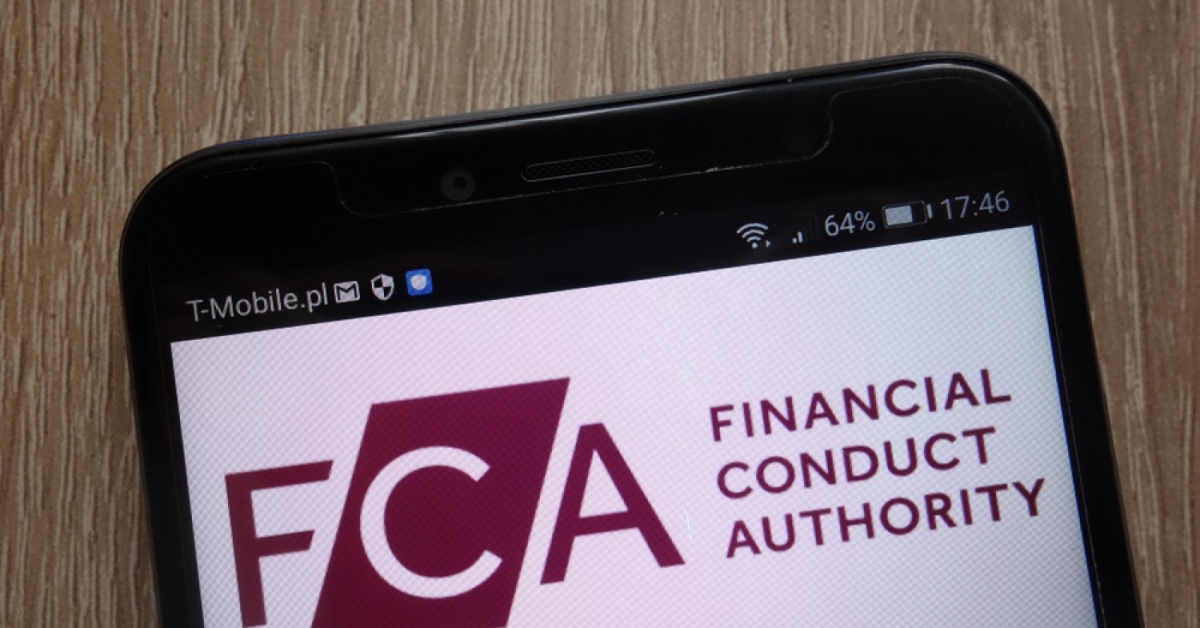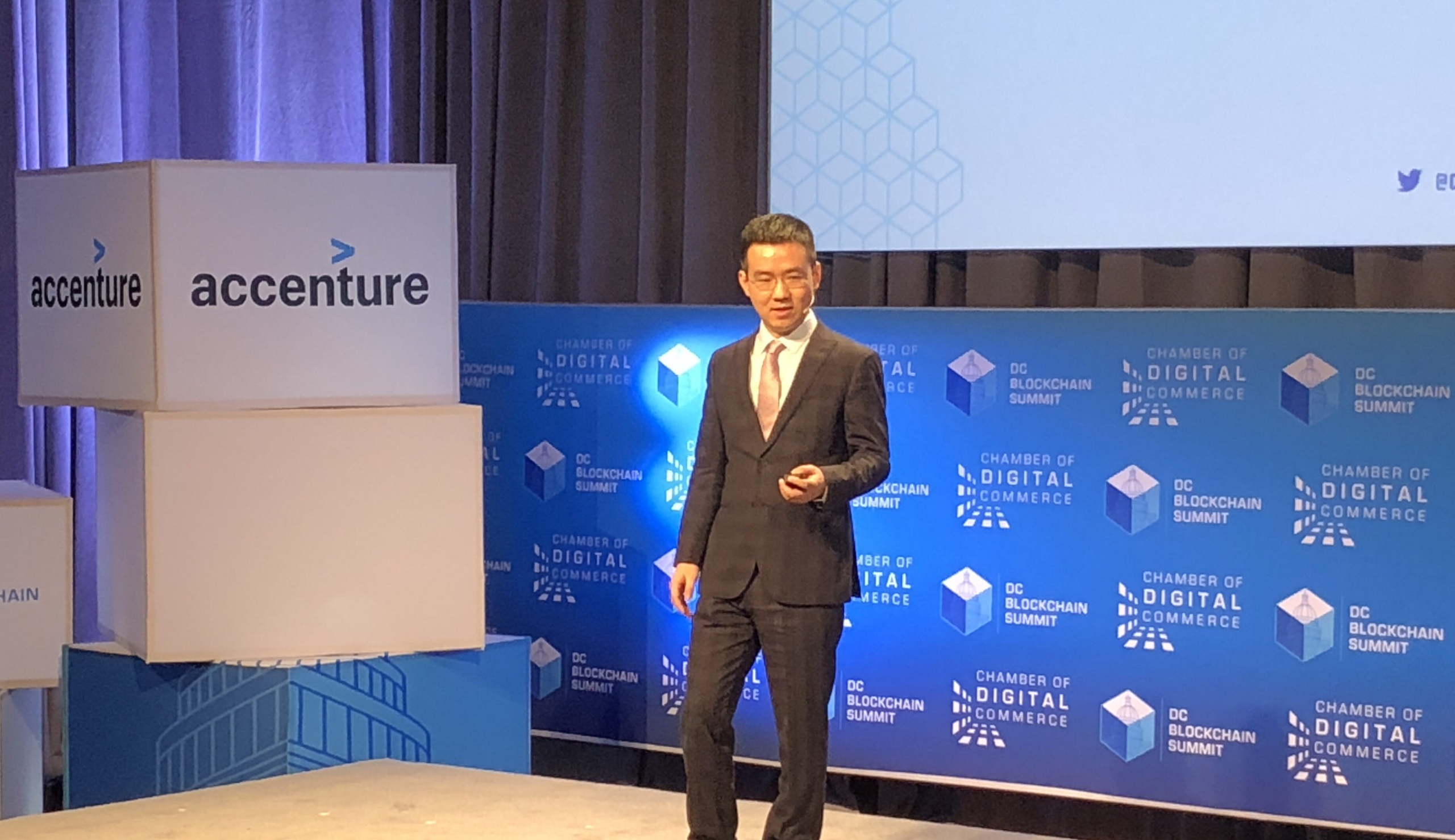Coinbase, SEC Spar Over Definition of Securities, Nature of Staking in First Court Hearing
NEW YORK – A judge’s questions offered hints of how she is looking at Coinbase’s legal battle with the U.S. Securities and Exchange Commission (SEC) during the first hearing in the case.
In a pre-motion hearing Thursday that lasted over two hours – including a brief recess where both parties huddled to digest a federal judge’s ruling on the SEC’s separate Ripple lawsuit – Judge Katherine Polka Faila, of the U.S. District Court for the Southern District of New York, questioned both sides on a range of topics, from the definition of staking to Coinbase’s IPO filings to the use of the major questions doctrine.
The case is being closely watched not only because it pits the securities regulator for the world’s largest economy against one of the oldest and best-known companies in the crypto industry, but also because it could establish precedent for securities law, market structure and the regulatory powers of the SEC.
At times, Judge Faila showed skepticism toward the SEC’s messaging, saying there was “tension” between the Commission’s position that the agency was not looking to regulate crypto in its entirety in its lawsuit against the crypto exchange and its efforts to enforce alleged securities laws violations.
“The SEC is not looking to regulate all crypto in this country. We regulate conduct,” said the SEC’s counsel, when asked to contextualize prior testimony from Chairman Gary Gensler where Gensler appeared to suggest the SEC did not have the authority to regulate crypto assets.
“It seems like to consider which conduct to regulate, you’d have to consider what to regulate,” said Judge Faila to the SEC’s counsel.
When asked about the Commission’s position on bitcoin and ether, the SEC counsel said that bitcoin was not a security and its status was not in question. “I do not believe the Commission has spoken on Ether,” he added.
Discussion also touched on the Commission’s prior approval of Coinbase’s S-1, a SEC registration form required for a company to conduct an initial public offering (IPO). Coinbase lawyers argued that several of the crypto assets the SEC named in its suit as unregistered securities had been trading on the platform at the time the SEC approved Coinbase’s S-1.
“Simply because the SEC allows a company to go public does not mean it’s a blessing,” said the SEC counsel.
“Was it within the power of the SEC to have [Coinbase] register as a securities exchange? I think so,” replied Judge Faila. “It’s not crazy for Coinbase to think what they were doing was OK based on the issuance of the S-1.”
The SEC and Coinbase also presented different definitions of Coinbase’s staking program, with Coinbase’s counsel arguing that staking services do not qualify as an investment contract.
Coinbase lawyers said staking was equivalent to “payment for a service” and that there was “no risk to the staking party of loss,” rendering staking a services contract, similar to an IT function.
However, a SEC lawyer argued that “IT services can be entrepreneurial,” thereby making staking an investment function.
Both sides also discussed the major questions doctrine, which could be used by Coinbase to argue that the SEC is overstepping its regulatory authority. Most recently, the U. S. Supreme Court cited the major questions doctrine to strike down President Biden’s plan for student loan forgiveness.
“Has the [SEC] exercised authority in the way it has previously exercised authority? We think no,” said a member of the Coinbase counsel team. “We think it would be an expansion of authority.”
Judge Faila concluded the hearing by asking both sides to come up with a “realistic schedule” that took into consideration her “very busy” docket that extended into October. Coinbase has so far moved fast by filing a rapid response to the SEC’s original complaint, leading to an earlier-than-expected first hearing date. Both sides were also strongly encouraged to keep to page limits on materials and to keep the use of footnotes in such materials “reasonable.”
Edited by Marc Hochstein and Nelson Wang.









